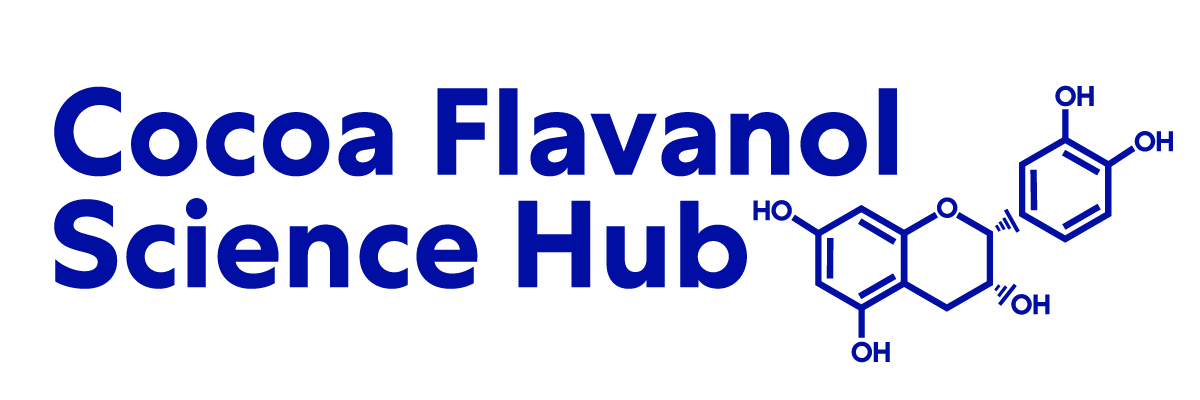Inhibition of in Vitro low-density lipoprotein oxidation by oligomeric procyanidins present in chocolate and cocoas
Introduction
Flavonoids, including the procyanidins, are an integral part of the human diet, being found in a wide variety of plant foods, including vegetables, fruits, and their juices, herbs, wine, tea, and legumes. Intense research interest has focuesd on the potential role of flavonoids as physiologically active antioxidants, particularlrly with regard to cardiovascular disease. Dietary flavonoid intake has bee associated with a lower incidence coronary hear disease (CHD) and stroke. Similarly, the consumption of specific flavonoid-rich foods (fruits, vegetables, red wine, and tea) has been inversely correlated with CHD mortality and risk factors for CHD. Certain cocoas and chocolates have been shown to contain substantial quantitites of oligomeric procyanidins, which are members of a subclass of flavaonids increasingly being investigated for their potential health benergits.
The oxidative modification of low-density lipoportiens (LDL) is widely recognized to play a pivotal role in the subendothelial formation of foam cells and the subsequent development of atherosclerosis. Indeed, the susceptibilkity of LDL to oxidatation may be a biomarker for the presence, severity, an dporgression of the disease. In addition to the direct involvement of oxiedized LDL (oxLDL) in atherosclerotic lesion formation, oxLDL may promote atherosclerosis through several biological effects, including cytotoxid ceffects, enhanced monocyte and smooth muscle chemotaxis, increased leukocyte
See the Full Study > (opens in a new tab)









